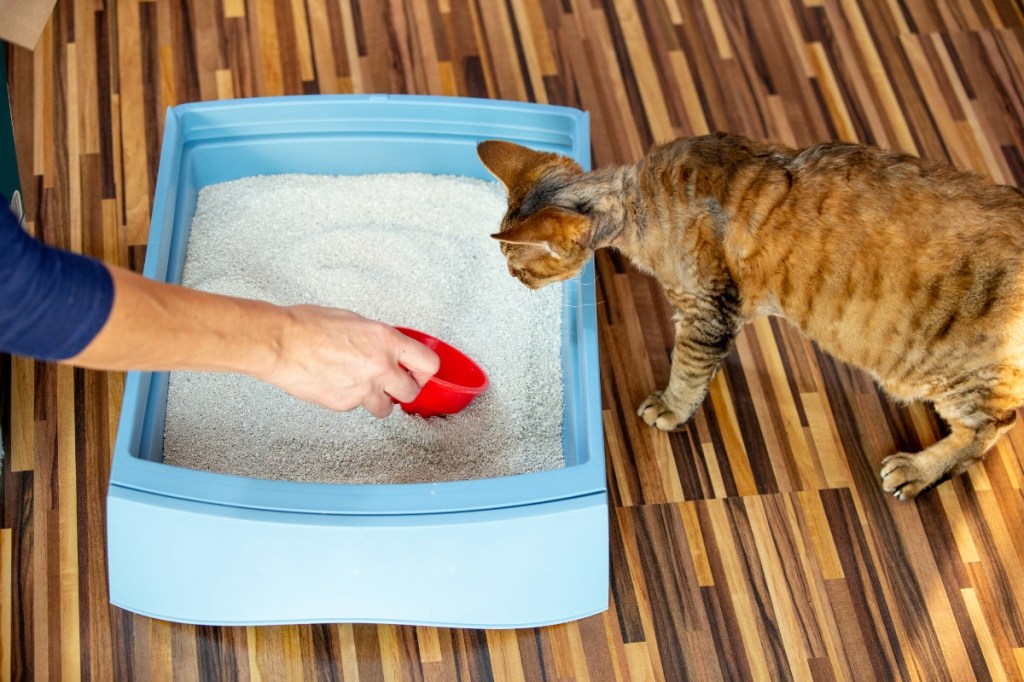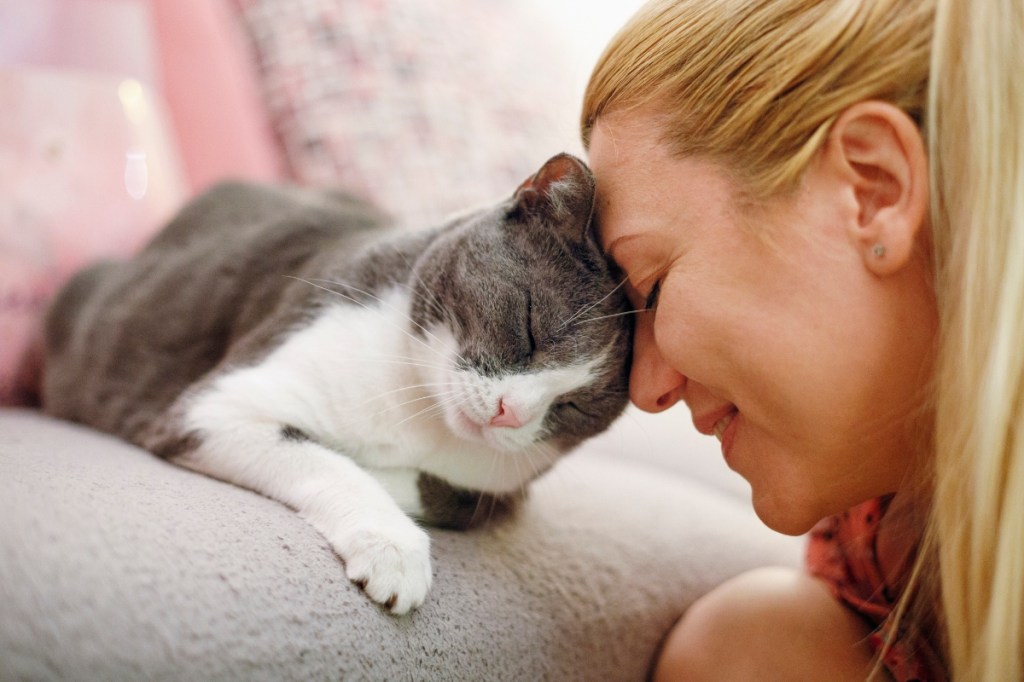Key Takeaways
- Various parasitic worms affect cats, including tapeworms, roundworms, hookworms, heartworms, whipworms, and ringworms.
- Cats are commonly dewormed using medication at preventative care visits.
- You can prevent worms by keeping cats indoors in a clean environment.
- Humans can get worms from their cats.
Table of Contents
Cats can become hosts to many different parasites, which may include various types of worms. Infestations can cause a wide variety of symptoms depending on the specific parasitic worm that is infecting the cat. Possible symptoms may include weight loss, diarrhea, bloody stool, low appetite, constipation, coughing, exercise intolerance, or skin lesions.
Types of Worms in Cats
There are multiple types of parasitic worms that can affect cats, which include the following:
It is important to note that although ringworm and heartworm both contain the word “worm,” they do not infect the intestinal tract the way the other worms we will discuss do. Ringworm causes circular lesions of the skin while heartworm affects the heart and lungs.
Deworming a Cat
Cats are routinely dewormed during preventative care visits to the veterinarian as a way to treat intestinal parasites, such as roundworms, hookworms, and whipworms. Since kittens usually contract roundworms from their mothers, they are typically dewormed every 2-4 weeks until the age of 6 months. Adult cats may be dewormed every 6-12 months depending on veterinarian preference.
If you suspect your cat has intestinal worms, get him checked by a veterinarian as soon as possible. These worms can prevent cats from absorbing nutrients and can make them extremely sick. If intestinal worms are detected by the veterinarian, your cat will be dewormed using the appropriate medication.
Administering deworming medication can be difficult in cats as they don’t generally take pills readily. The flavored liquid deworming medication may be easier to administer. Your veterinarian will guide you on the best deworming option for your cat. Note: It’s best to always consult your veterinarian prior to administering any deworming medication, especially those found over the counter.
Preventing Worms in Cats
There are a few ways to prevent intestinal worms in your furry family member. Maintaining a clean environment for your cat is crucial. This means the litterbox should be cleaned daily for indoor cats. Cats who spend time outdoors are at an increased risk of contracting intestinal worms because they may encounter other animal’s fecal material within the yard. Additionally, cats who are outdoors may contract fleas, which can increase their risk of developing tapeworms. Keeping infected cats separated from other healthy cats in the household is also critical.
Ensuring your cat receives monthly heartworm preventative will protect against heartworms, roundworms, and hookworms. Flea preventatives can help reduce the risk of tapeworms in your cat by protecting against fleas.
Since ringworm is transmitted via close contact, separating infected cats from healthy cats will reduce transmission risk. It is important to note ringworm can be transmitted between humans and cats so this rule applies to any people in the household who may be affected as well. Cleaning blankets and bedding regularly may reduce the risk of ringworm infection.
Can I Get Worms from My Cat?
Yes, you can get worms from your cat! Some worms are zoonotic, which means they can be transmitted from an animal to a human and vice versa. In fact, several internal and external cat parasites are zoonotic and can affect humans in severe ways. Feline roundworm is a common parasite that can be transmitted to humans. Roundworm eggs are excreted through cat feces. If a human accidentally ingests the parasite, the worms can make their way to internal organs through a condition called visceral larva migrans. Humans can also contract hookworms by coming into close contact with the parasite shed in cat feces. Hookworms can result in a condition called cutaneous larva migrans. To reduce the risk of contracting one of these parasites, always wear gloves when changing the cat litter and wash your hands immediately after.
By enrolling your cat early, conditions and illnesses like parasite infection treatments will be covered up to 90% by your Healthy Paws cat insurance. Find out more by getting a free quote.
The content is not intended to be a substitute for professional veterinarian advice, diagnosis, or treatment. Always seek the advice of your veterinarian or other qualified health provider with any questions you may have regarding a medical diagnosis, condition, or treatment options.








